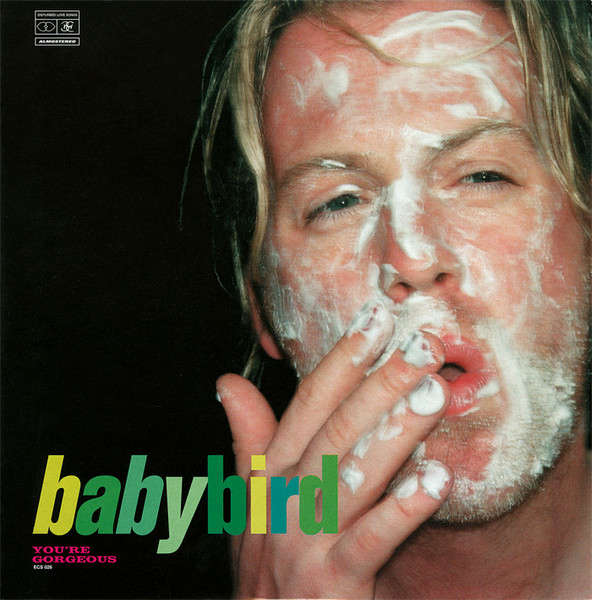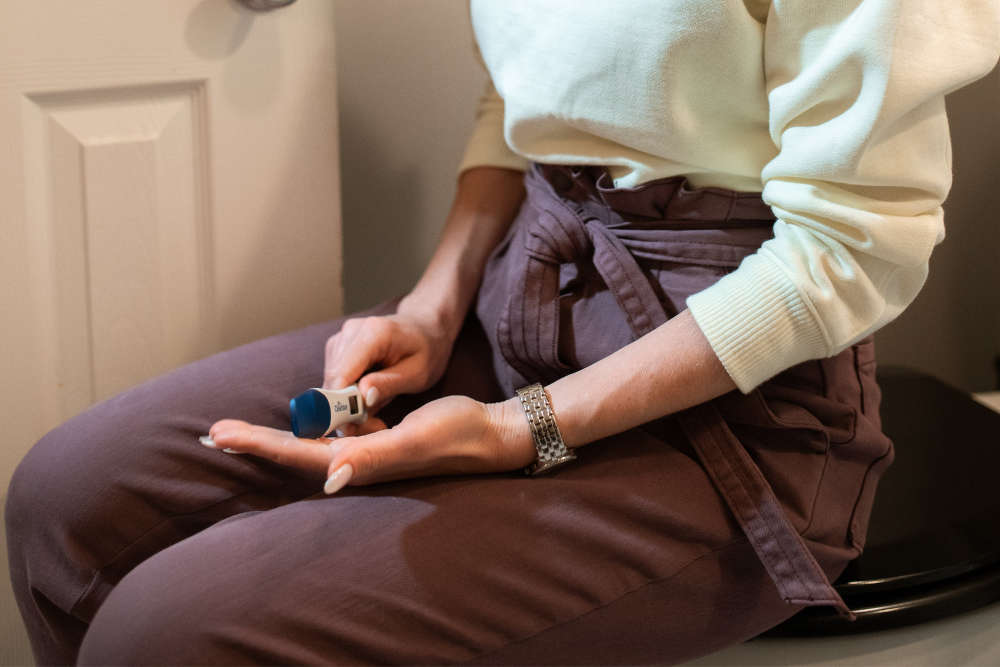
240 pregnancies were terminated in the island last year. Jersey's abortion rate is higher than the EU average.
Jersey is sixth in Europe for the rate of aborted pregnancies, with 287 for every 1,000 live births. That is 77 more than the EU average.
The UK is fourth, with 311 per 1,000 live births.
Data collated by Public Health in the Termination of Pregnancy Report 2022 shows the highest number of abortions is in women aged 20 to 24, followed by with 25 to 29-year-olds.
Around two thirds (63%) of women having abortions were aged between 20 and 34.
There has been a rising number of abortions in the 15 to 19-year-old category since 2017, but since the record began, terminations have decreased by 42%.
87% of abortions were before the 10-week gestation period, and fewer than 5% were after 13 weeks.
Medical terminations, more commonly known as the 'abortion pill', was the method in 91% of abortions. It involves taking two different prescribed medications.
The first, mifepristone, is taken one to two days in advance and prepares the body for the second tablet, misoprostol. Within four to six hours, the womb lining breaks down, ending the pregnancy.
For three-quarters of women, it was their first abortion, and for 18%, it was their second, similar to the 2019 to 2021 report.

In Jersey, two doctors, approved by the Health and Community Services Department, need to agree on one of the following to allow an abortion:
- A termination is needed to save the woman’s life or to prevent serious, permanent injury to her physical or mental health. There is no time limit under this reason so a termination can take place at any time.
- The woman is no more than 24 weeks pregnant and there is a serious risk that if born, the child would suffer from such physical or mental abnormalities as to have a serious disability.
- The woman is no more than 12 weeks pregnant, and her condition causes her distress.


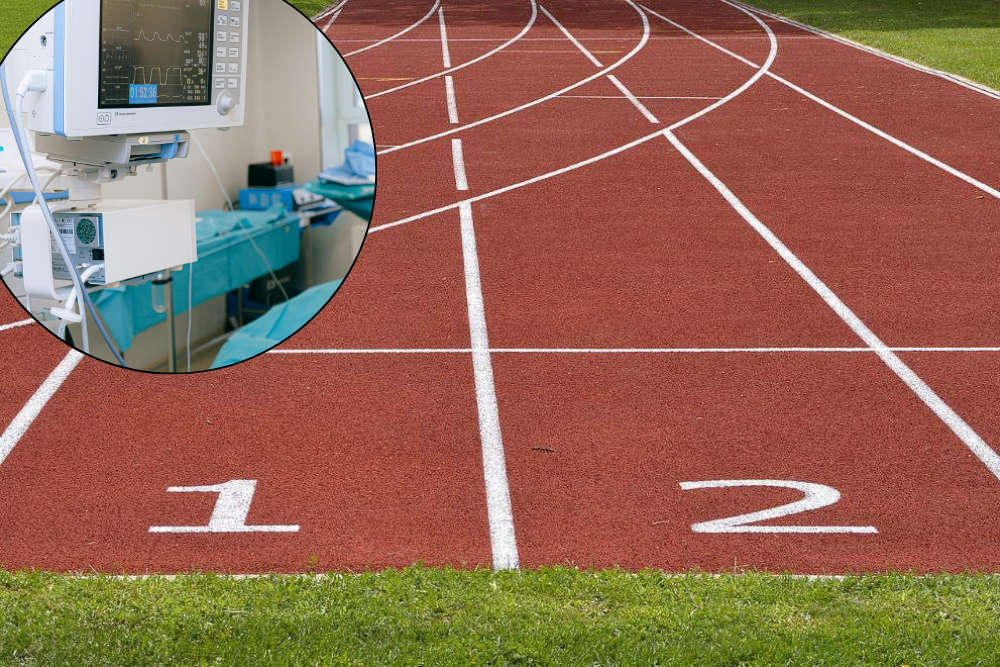 Jersey athlete, Lily McGarry, appeals for donations for prosthetic limbs
Jersey athlete, Lily McGarry, appeals for donations for prosthetic limbs
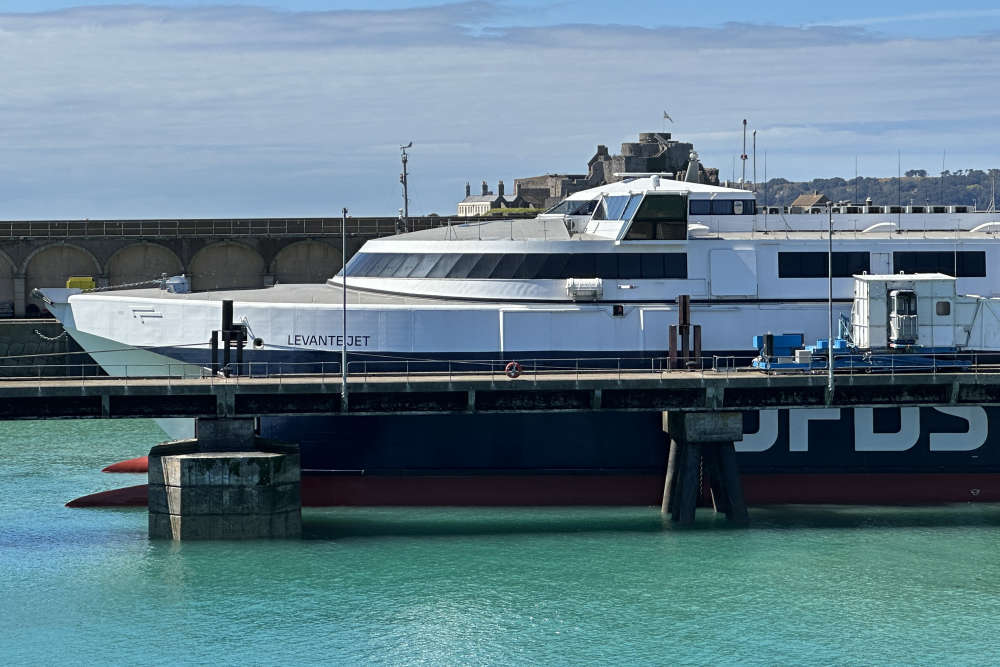 Levante Jet makes maiden voyage to Jersey
Levante Jet makes maiden voyage to Jersey
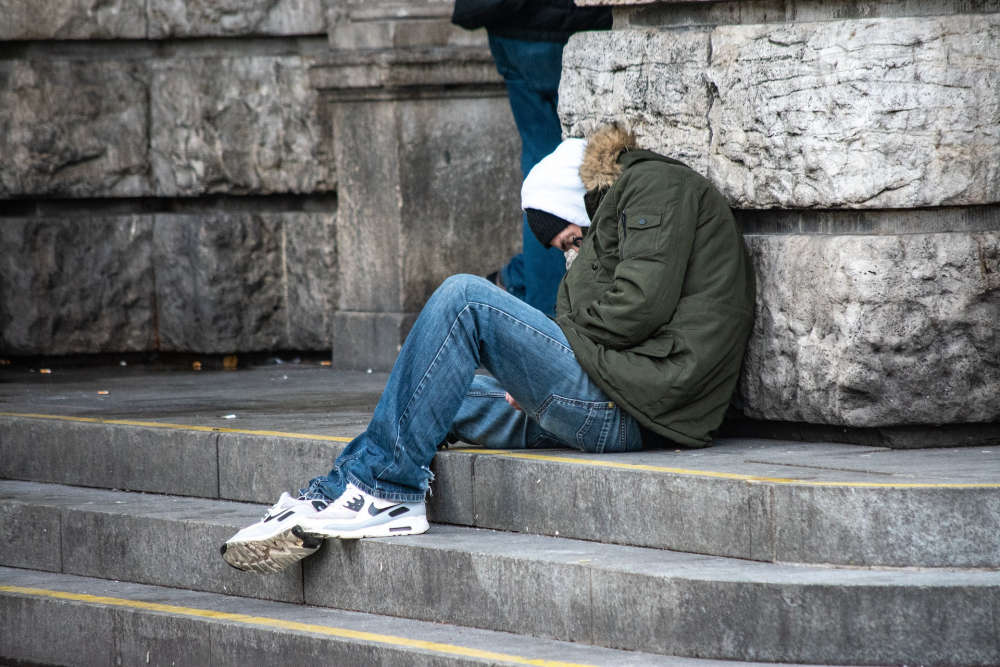 The split between working and non-working Jersey homeless is nearly 50/50
The split between working and non-working Jersey homeless is nearly 50/50
 ArtHouse Jersey launches Liberation 80 exhibition
ArtHouse Jersey launches Liberation 80 exhibition
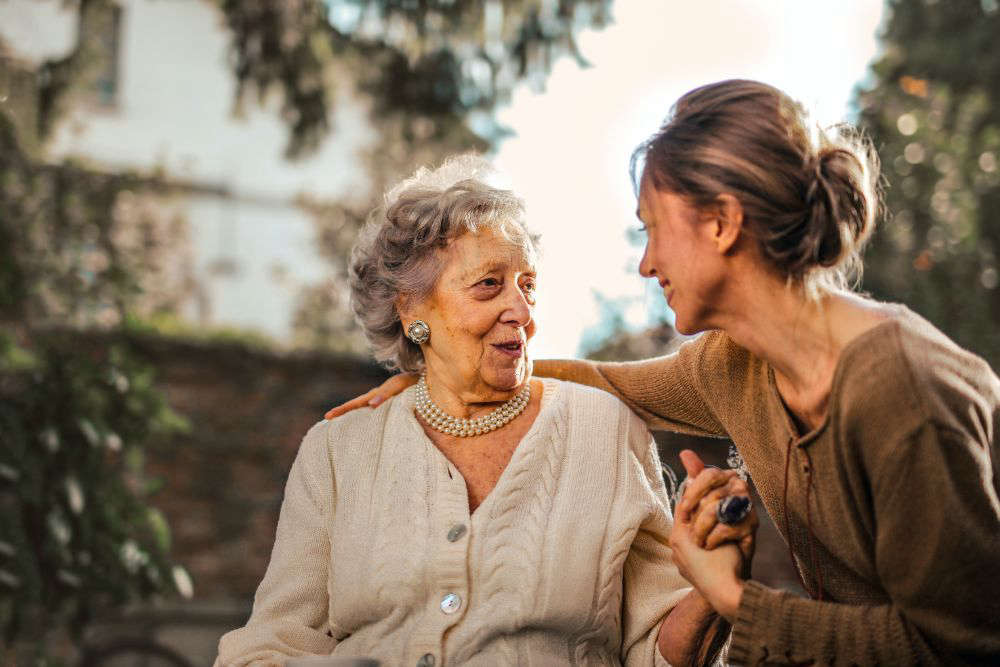 Carers offered free training sessions for dementia
Carers offered free training sessions for dementia
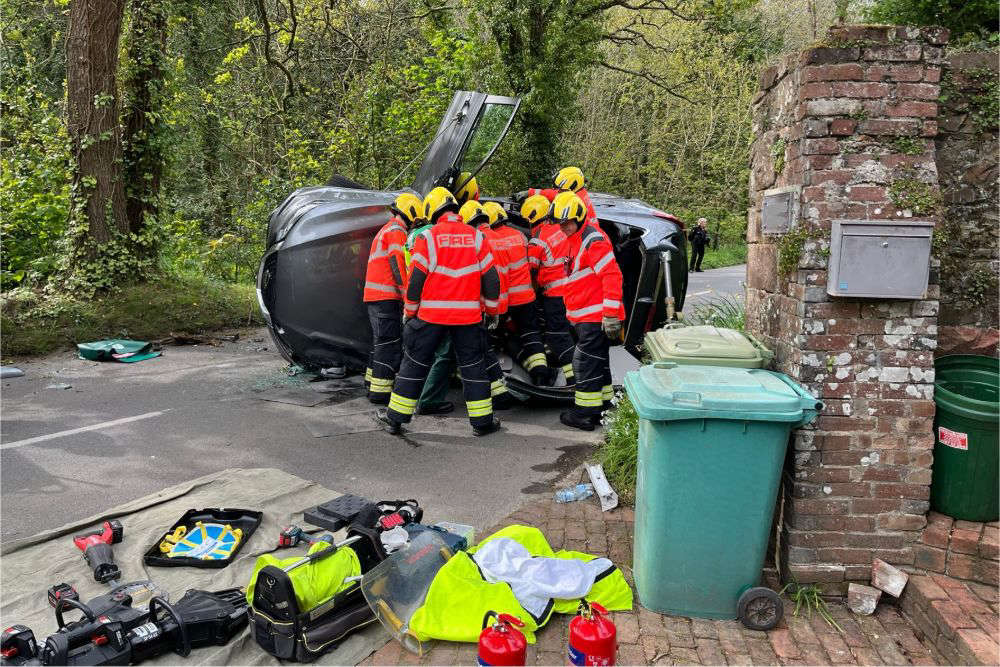 Firefighters save two islanders from serious St Peter car crash
Firefighters save two islanders from serious St Peter car crash
 New Channel Islands catamaran tests well in choppy seas
New Channel Islands catamaran tests well in choppy seas
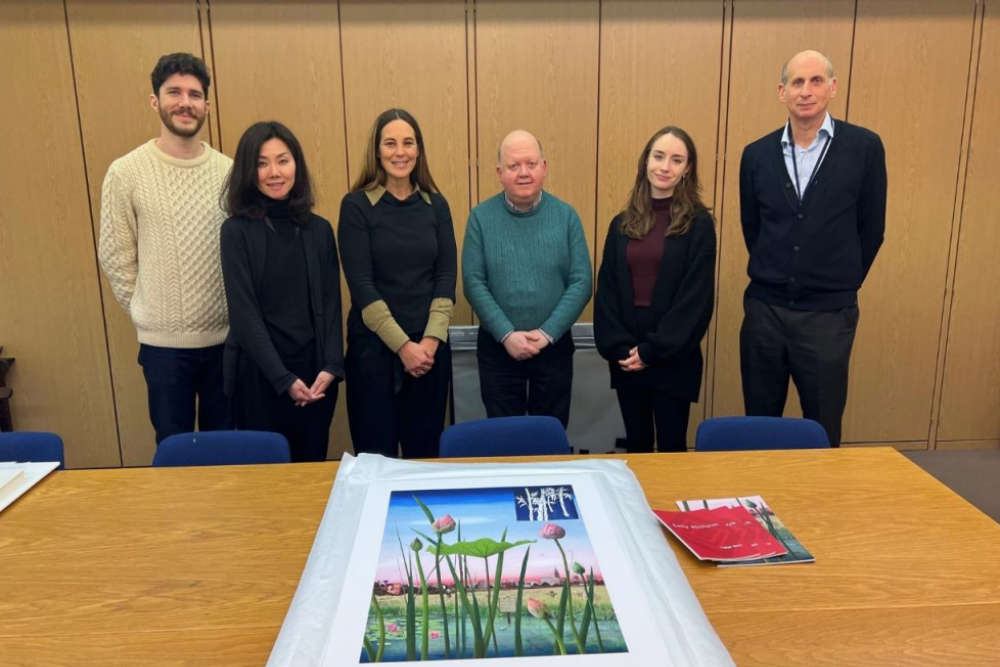 Jersey-born artist's work exhibited in the British Museum
Jersey-born artist's work exhibited in the British Museum
